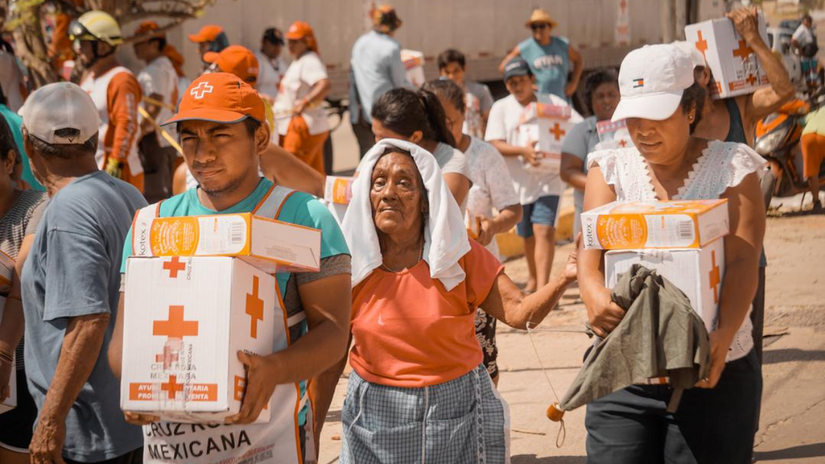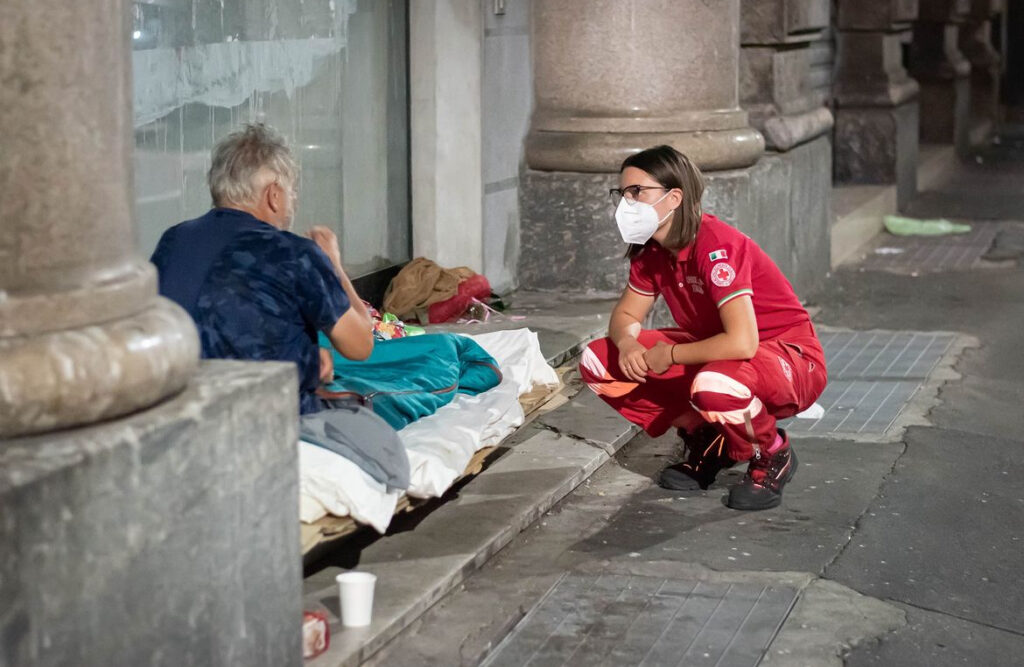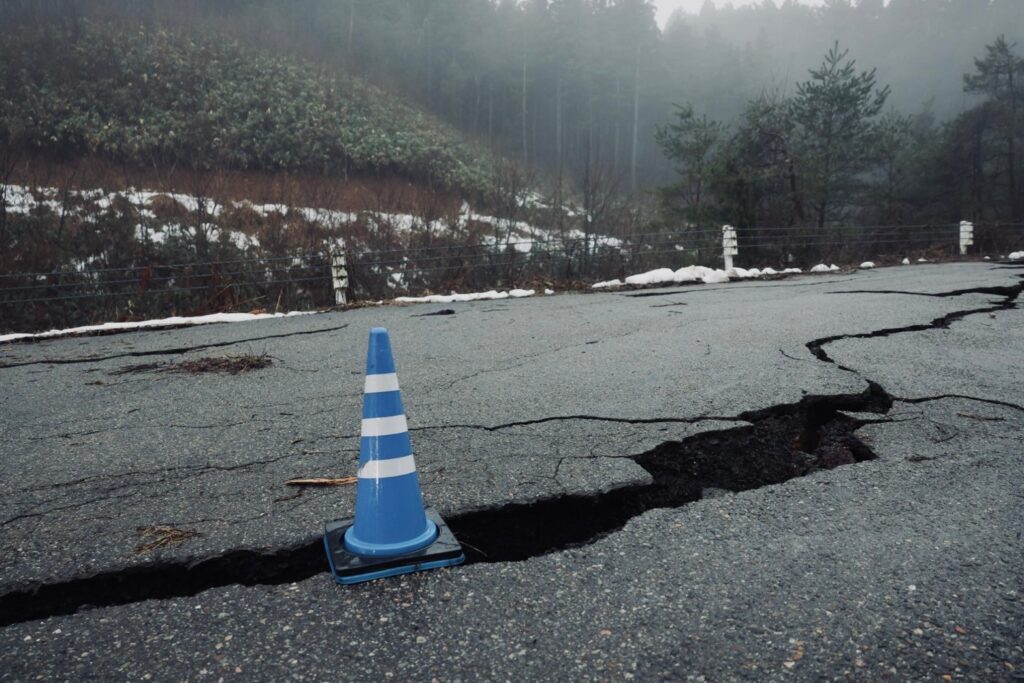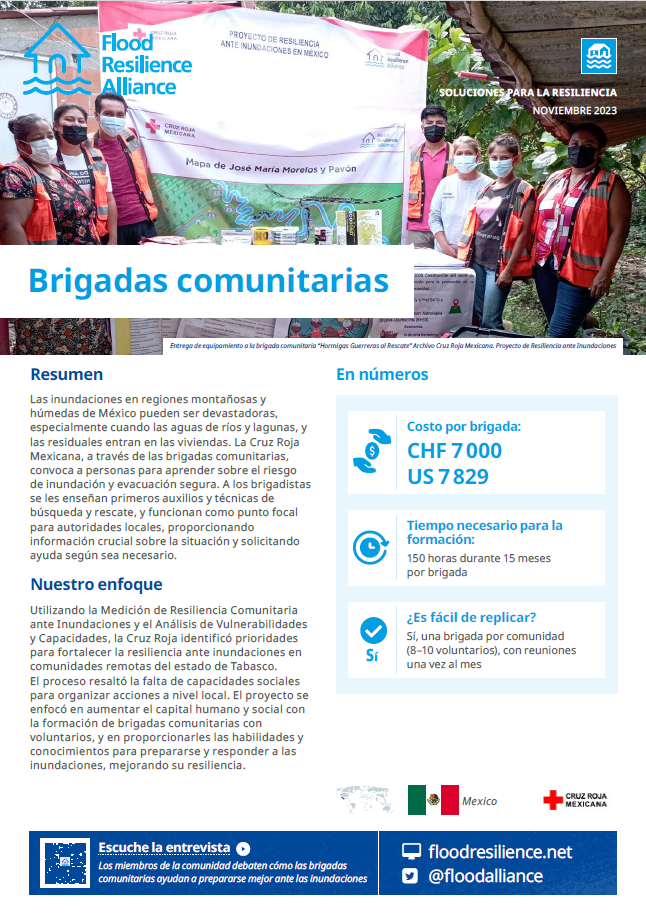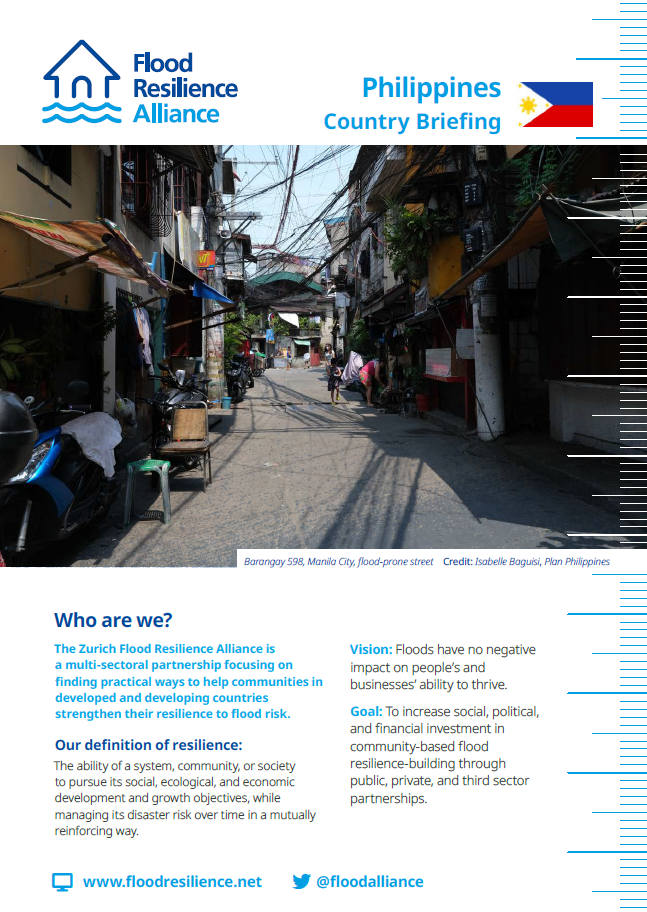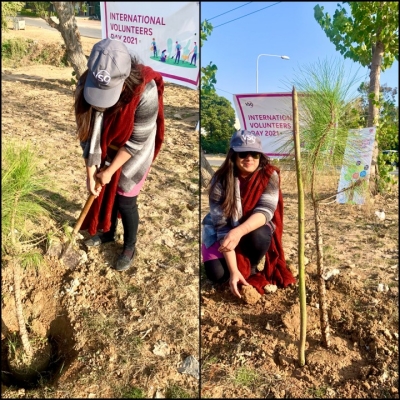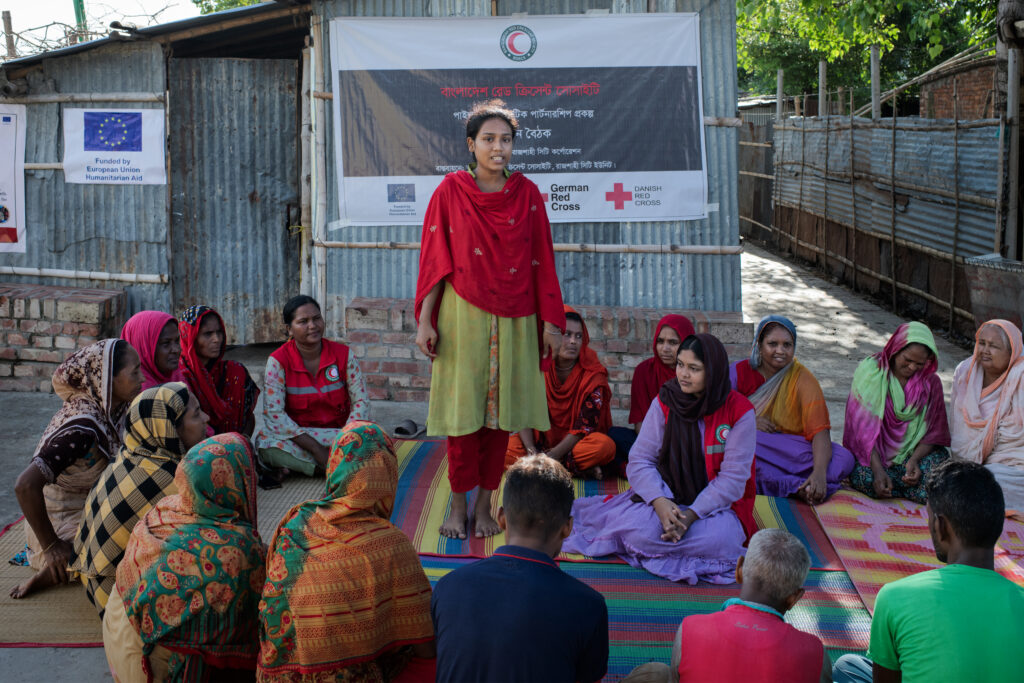Climate crises Q&A: Why have some recent storms gained so much strength, so quickly?
Warming oceans and the El Nino phenomenon have caused some storms to gain strength far more rapidly than predicted. When communities are caught off-guard, the results can be devastating. More investment in forecasting, early warning, preparation — and an assist from artificial intelligence — are parts of the solution. An interview with Juan Bazo, climate […]
Climate crises Q&A: Why have some recent storms gained so much strength, so quickly? Read More »

